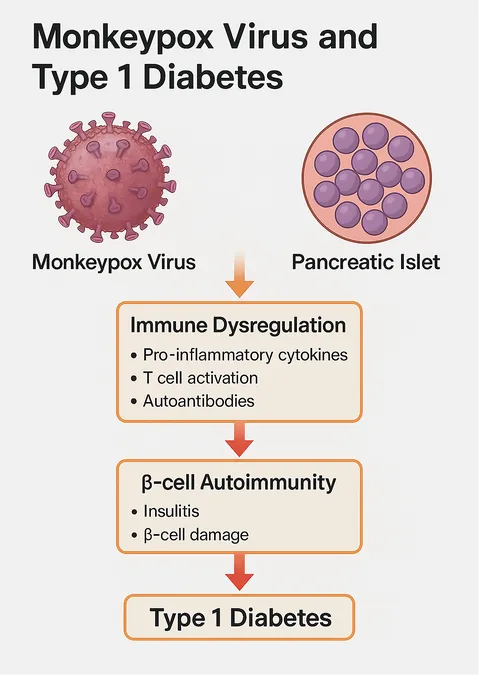
Could Anesthesia Gas Hold the Key to Revolutionizing Alzheimer’s Treatment?
2025-01-19
Author: John Tan
Groundbreaking Developments in Alzheimer’s Therapy
In a groundbreaking development that may change the landscape of Alzheimer’s therapy, researchers have unearthed promising findings involving xenon gas. This surprising candidate for treatment comes from recent studies conducted by scientists at Brigham and Women’s Hospital and Washington University, published in Science Translational Medicine.
Effects of Xenon Gas on Alzheimer's Symptoms
The research focused on mice that exhibit symptoms similar to Alzheimer’s disease. The results indicate that inhaling xenon gas can significantly reduce inflammation and brain shrinkage, key factors in the progression of neurodegenerative conditions. This paves the way for launching early human trials to fully explore the potential benefits of xenon for treating Alzheimer’s.
Xenon's Unique Properties
Xenon gas, known primarily for its use as an anesthetic and in medical imaging, has shown potential beyond its current applications. Previous studies hinted that it might offer protective effects for the brain and have therapeutic benefits for conditions like depression, albeit with varying results. Its ability to cross the blood-brain barrier—a protective shield that complicates drug delivery to the brain—has made researchers optimistic about its role in neuroprotection against Alzheimer’s.
Research Findings with Genetically Engineered Mice
In experimental settings, inhaled xenon was tested on two strains of genetically engineered mice predisposed to develop Alzheimer’s-like pathology. These studies revealed that xenon triggers a protective response from microglia, the brain's immune cells, which play a crucial role in maintaining brain health. Not only did the mice show a decrease in inflammation and brain atrophy, but researchers also observed a reduction in amyloid plaques—substances linked to the progression of Alzheimer’s.
Expert Insights on the Research
"This is a truly novel finding that highlights the significant neuroprotective capabilities of inhaling an inert gas," commented senior researcher Dr. Oleg Butovsky, neurologist at Brigham and Women’s Hospital and Harvard Medical School. "One of the challenges in Alzheimer’s research is the difficulty in developing drugs that effectively navigate the blood-brain barrier, which xenon naturally does."
Phase I Clinical Trial Initiation
While these findings are preliminary and centered on animal studies, they have prompted the researchers to initiate a Phase I clinical trial involving healthy human participants. This trial aims to evaluate the safety and immunological effects of xenon gas, potentially unlocking new therapeutic avenues for individuals suffering from neurological diseases.
Future Implications of Xenon Gas in Medicine
"We are excited about the implications of xenon gas in clinical practice. If the trial produces favorable outcomes, it could lead to innovative treatment options for patients battling neurologic disorders," said co-author Dr. Howard Weiner, co-director of the Ann Romney Center for Neurologic Diseases at Brigham and Women’s Hospital.
Conclusion and Future Updates
As the research progresses, the scientific community awaits to see if xenon gas can indeed emerge as a potent ally in the fight against Alzheimer’s, transforming the lives of millions worldwide who are affected by this debilitating condition. Stay tuned for exhilarating updates as science pushes the boundaries of what we thought was possible!


 Brasil (PT)
Brasil (PT)
 Canada (EN)
Canada (EN)
 Chile (ES)
Chile (ES)
 Česko (CS)
Česko (CS)
 대한민국 (KO)
대한민국 (KO)
 España (ES)
España (ES)
 France (FR)
France (FR)
 Hong Kong (EN)
Hong Kong (EN)
 Italia (IT)
Italia (IT)
 日本 (JA)
日本 (JA)
 Magyarország (HU)
Magyarország (HU)
 Norge (NO)
Norge (NO)
 Polska (PL)
Polska (PL)
 Schweiz (DE)
Schweiz (DE)
 Singapore (EN)
Singapore (EN)
 Sverige (SV)
Sverige (SV)
 Suomi (FI)
Suomi (FI)
 Türkiye (TR)
Türkiye (TR)
 الإمارات العربية المتحدة (AR)
الإمارات العربية المتحدة (AR)